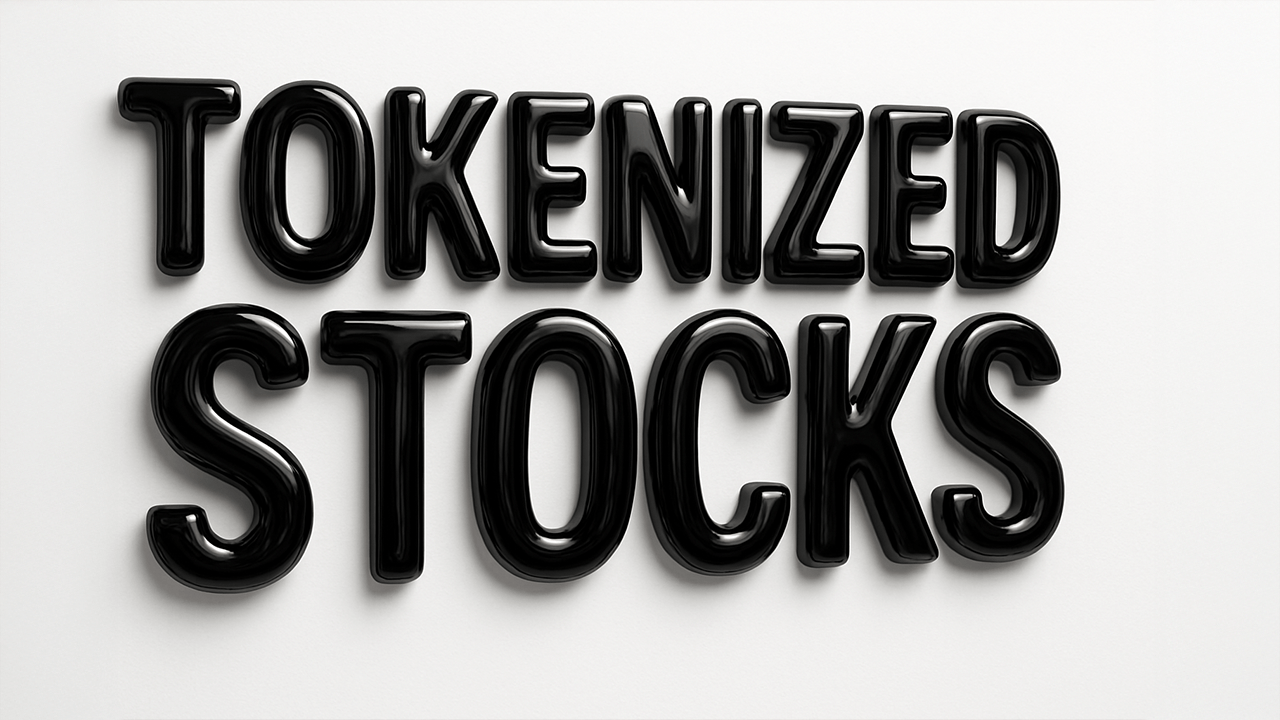Tokenized equities represent a transformative shift in the financial landscape, offering a new way to invest in traditional stocks through blockchain technology. This innovation promises to democratize access to capital markets, enhance liquidity, and reduce costs, but it also faces significant challenges that must be addressed for widespread adoption.
The Promise of Tokenized Equities
Tokenized equities are digital representations of traditional stock shares, recorded on a blockchain. This technology allows for fractional ownership, meaning investors can purchase a portion of a share rather than the whole, making high-value stocks like Tesla or Apple more accessible to a broader audience. The blockchain’s decentralized nature eliminates the need for intermediaries such as brokers and clearinghouses, streamlining the trading process and reducing fees.
One of the most compelling aspects of tokenized equities is their potential to democratize investing. Traditional stock markets often have high barriers to entry, including minimum investment requirements and geographical restrictions. Tokenized equities break down these barriers, allowing individuals from anywhere in the world to invest in companies they believe in, regardless of their location or financial status.
Enhancing Liquidity and Transparency
Another key advantage of tokenized equities is their ability to enhance liquidity. Traditional stock markets operate within specific hours and are subject to settlement delays, which can limit trading opportunities. Tokenized equities, on the other hand, can be traded 24/7 on a global scale, providing investors with more flexibility and faster settlement times. This increased liquidity can lead to more efficient price discovery and reduced volatility, benefiting both investors and companies.
The blockchain’s immutable ledger also provides a transparent record of all transactions, reducing the risk of fraud and increasing investor confidence. This transparency is particularly valuable in an era where trust in financial institutions is often questioned. By providing a clear and unalterable record of ownership and transactions, tokenized equities can help restore faith in the financial system.
Regulatory Challenges and Compliance
Despite the numerous benefits, the path to widespread adoption of tokenized equities is fraught with regulatory uncertainty. The legal status of these digital assets remains unclear in many jurisdictions, creating a significant hurdle for companies looking to enter the space. The Securities and Exchange Commission (SEC) has adopted a cautious approach, focusing on protecting investors and ensuring market integrity. While the SEC acknowledges the potential of tokenized assets, it is primarily concerned with compliance risks and the need for clear regulations.
Crypto-friendly companies delving into tokenized equities face numerous hurdles, including regulatory uncertainty and compliance risks. The rules and regulations regarding tokenized assets often lack clarity, leading to potential compliance issues with securities laws. This uncertainty can discourage innovation and slow down the adoption of tokenized equities.
Infrastructure and Security Concerns
Beyond regulatory challenges, the tokenized equity market also faces significant infrastructure gaps. The technology is still relatively nascent, and the ecosystem needs to mature before it can support widespread adoption. Scalability issues, for example, can arise as the number of transactions increases, leading to slower processing times and higher fees. This is particularly true for blockchain networks like Ethereum, which are popular for tokenization but can become congested under high demand.
Custody solutions are another critical aspect of the infrastructure. Investors need secure and reliable ways to store and manage their digital assets. While several custody solutions are emerging, the market is still evolving, and there is a need for more robust and secure options. Interoperability challenges also exist, as the tokenized equity market is currently fragmented, with different platforms and protocols operating in silos. This lack of interoperability makes it difficult to transfer tokens between platforms and limits liquidity.
Security is paramount in the world of digital assets, and tokenized equities are no exception. The blockchain’s inherent security features offer a degree of protection, but vulnerabilities can still exist. Smart contracts, which are self-executing pieces of code that reside on the blockchain, can contain vulnerabilities that can be exploited by hackers, leading to the loss of funds. Cybersecurity threats, such as phishing attacks, malware, and exchange hacks, also pose a risk to the platforms and wallets used to trade and store tokenized equities.
The Future of Tokenized Equities
Despite these challenges, the future of tokenized equities looks bright. As regulations become clearer, infrastructure matures, and security improves, these digital assets have the potential to revolutionize the financial industry. Tokenized equities will empower individuals by providing them with access to investment opportunities that were previously out of reach. Fractional ownership will allow people to build diversified portfolios with smaller amounts of capital, increasing financial inclusion and wealth creation.
The 24/7 trading and faster settlement times of tokenized equities will significantly enhance liquidity in the market. This will lead to more efficient price discovery and reduced volatility, benefiting both investors and companies. Tokenized equities have the potential to transform capital markets by reducing costs, increasing transparency, and fostering innovation. They can also facilitate the creation of new financial products and services, opening up new opportunities for investors and businesses.
In conclusion, tokenized equities represent a significant step towards a more democratic, efficient, and transparent financial system. While the path to widespread adoption is not without its hurdles, the potential benefits are too compelling to ignore. As technology evolves, regulations clarify, and infrastructure matures, tokenized equities are poised to reshape the future of finance, empowering individuals, enhancing liquidity, and transforming capital markets for the better. The race is on, and while there are hurdles to overcome, the promise of a more accessible and efficient financial future makes it a race worth running.





